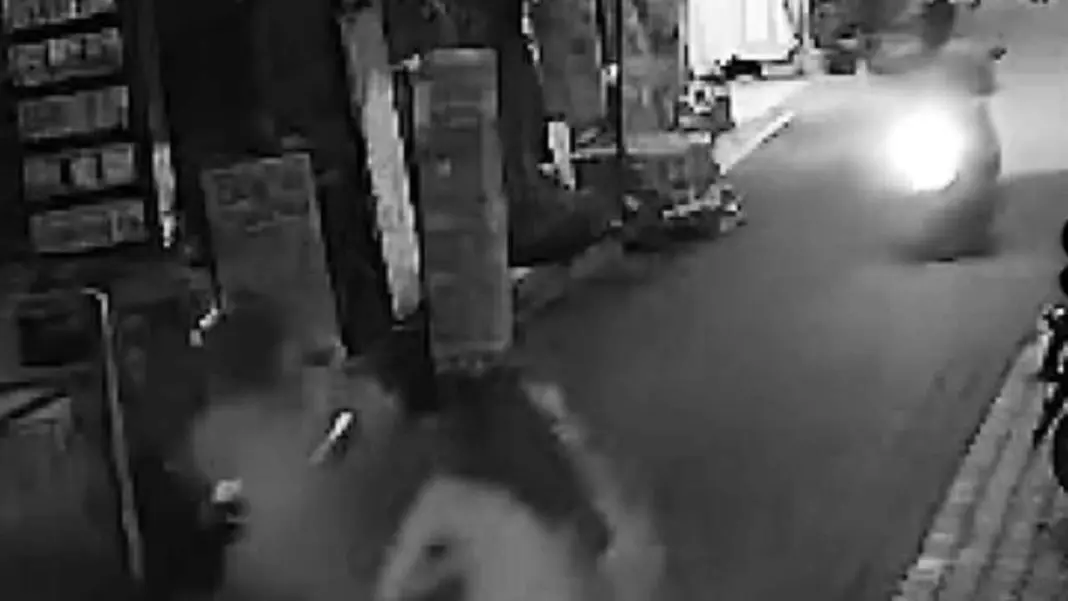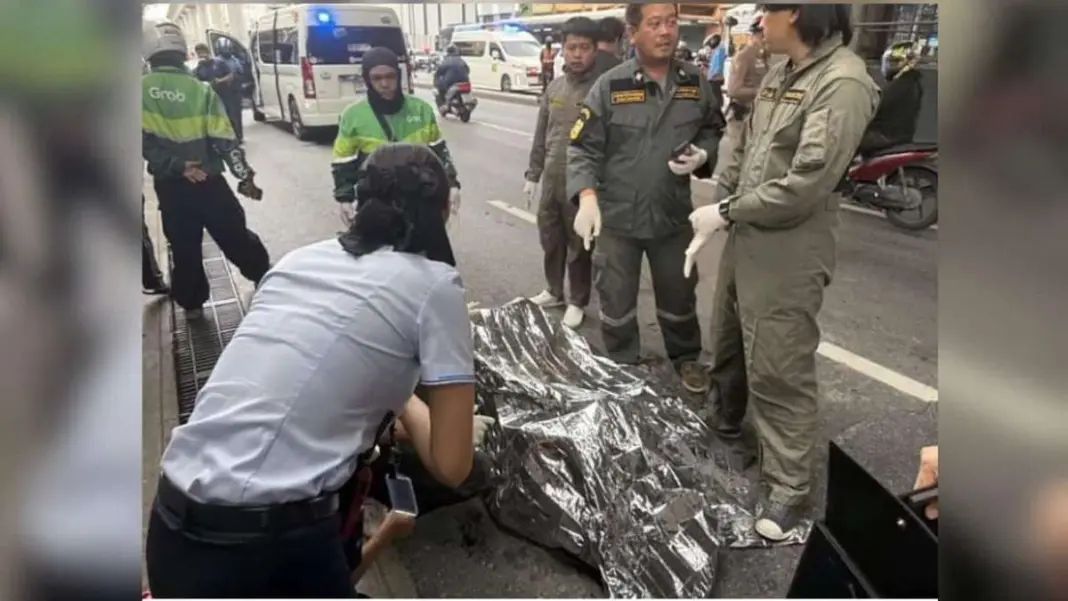Shocking Nighttime Attack in Chiang Mai
It’s just before 4am on September 30th when disaster strikes in Chiang Mai. Two 20-year-old Irish tourists wander down Soi Moom Mueang 7, enjoying the city’s late-night calm.
Suddenly, a motorbike roars out of the shadows. In a flash, the rider lunges and snatches a handbag from one of the women. The pair scream in terror and give chase, but the thief vanishes into the darkness.
CCTV footage captures the shocking moment. The culprit, later identified as 39-year-old Phanuwat, speeds away, leaving the tourists distraught and empty-handed.
Within hours, the shaken women file a report at Mueang Chiang Mai police station, desperate for help.
Police Track Down Suspect in Record Time
The hunt is on. Detectives move fast, tracing Phanuwat to a workshop in Doi Saket district, where he works as a mechanic.
They search his accommodation and strike gold: the stolen handbag, still packed with valuables. Inside? An iPhone 16, hotel key, power bank, and even a portable fan.
Phanuwat confesses straight away. “My income from the workshop just isn’t enough,” he tells police. He admits he’s been struggling since his contract with a state company ended. His plan? Sell the stolen items to make ends meet. But the police are too quick for him.

Grateful Tourists Praise Thai Police
The Irish tourists are summoned to the station to identify the thief and reclaim their belongings. Relief washes over them.
In a video shared by ThaiRath, both women thank the officers with emotion. “We’re so impressed by the efficiency of the police,” says one. “Within hours, they caught the thief and returned everything to us.”
Their gratitude is clear—and so is their shock at the ordeal.
Thief Faces Years Behind Bars
Phanuwat now faces theft charges. The penalty? Up to five years in prison and a fine of up to 100,000 Baht.
Because he used a motorbike in the crime, his sentence could be even harsher.
Thai authorities are taking a hard line. Crimes against tourists threaten the country’s reputation as a safe haven—especially in hotspots like Chiang Mai. Will this serve as a warning to others? Only time will tell.




